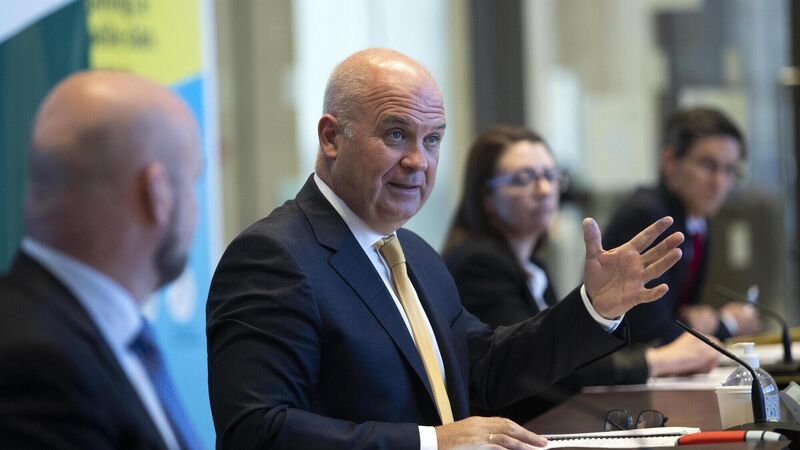Elaine Loughlin: What is Nphet's legacy?

The pandemic created household names out of scientists and doctors including Dr Tony Holohan, the chief medical officer, Dr Ronan Glynn, deputy chief medical officer, Rachel Kenna, chief nursing officer, and Professor Philip Nolan, chair of the NPHET Irish Epidemiological Modelling Advisory Group.
The winding-up of the National Public Health Emergency Team (Nphet) will be viewed as one of the most significant moments on the slow road out of the pandemic.
Over the past two years, the relationship between the Government and this group of previously anonymous experts has been, at times, fraught, tense, and on the verge of collapse.













